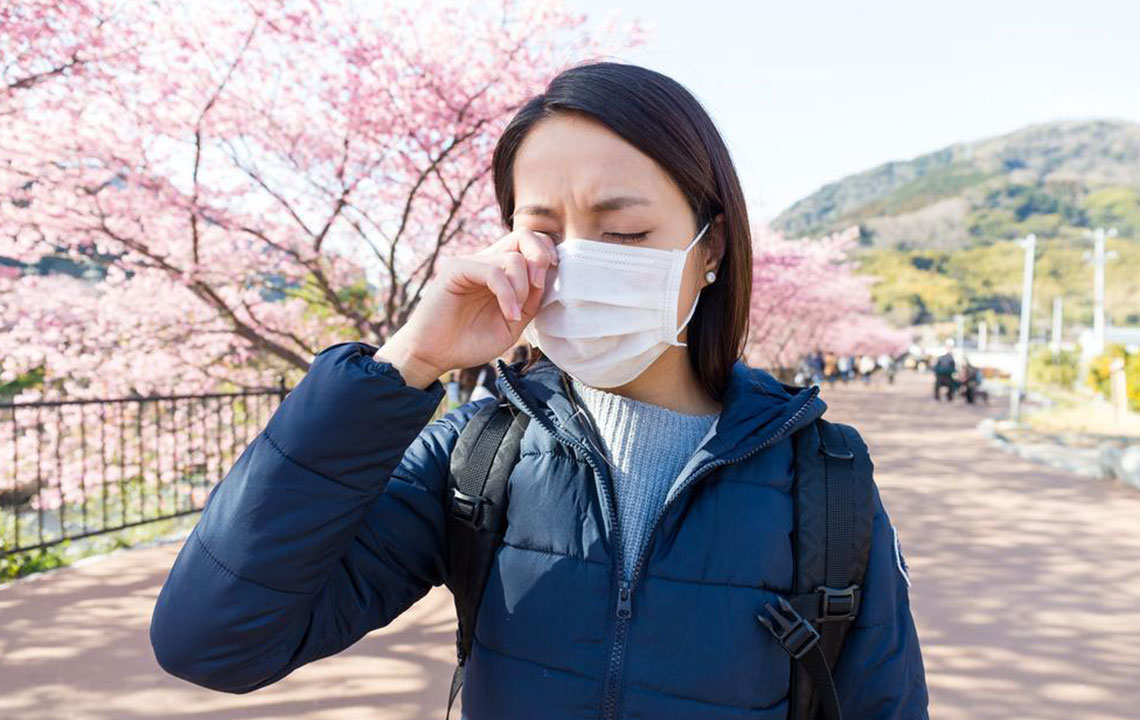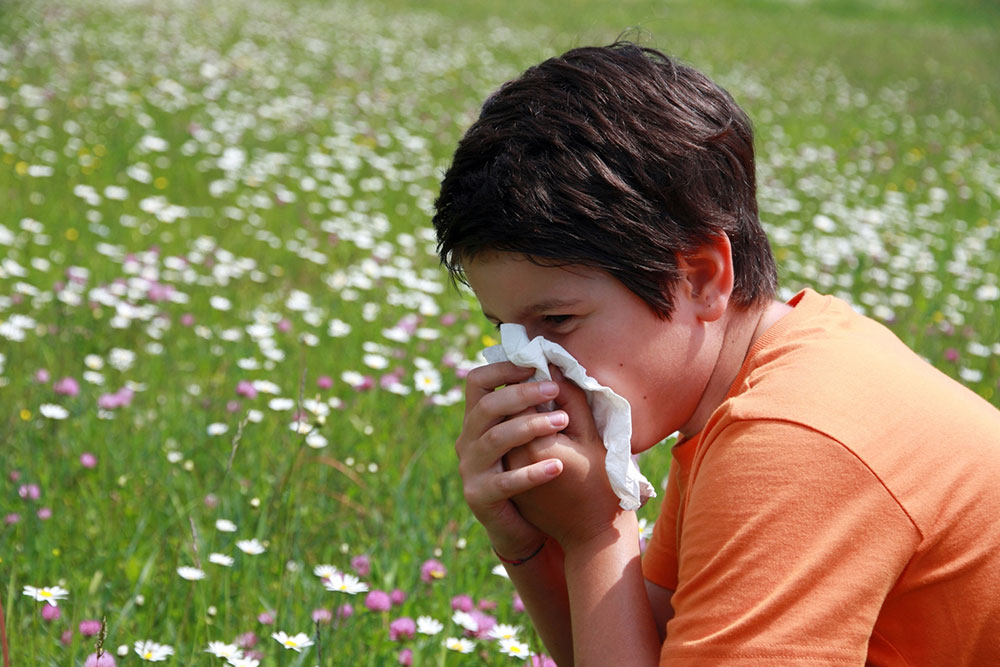Identifying and Managing Pollen Allergy Symptoms
Learn how to recognize and manage pollen allergies. Discover symptoms, diagnosis methods, and effective treatments to alleviate allergic reactions caused by pollen exposure. Expert advice includes avoiding triggers and options like medications and immunotherapy for long-term relief.
Sponsored

Recognizing and Treating Pollen Allergies
Pollen allergy is a prevalent allergic condition caused by inhaling tiny pollen particles from trees, flowers, grass, and weeds. For some, symptoms occur year-round, while others experience reactions only seasonally. The immune system mistakenly treats pollen as a threat, releasing chemicals that trigger allergy symptoms. Common signs include sneezing, itchy eyes, nasal congestion, coughing, sore throat, swollen eyes, and breathing difficulties. Diagnostic methods involve skin prick tests and blood analysis. Treatment options range from avoiding pollen to medications like nasal steroids, antihistamines, cromolyn sodium, decongestants, and allergen immunotherapy. Consulting a healthcare professional is recommended for persistent symptoms.






